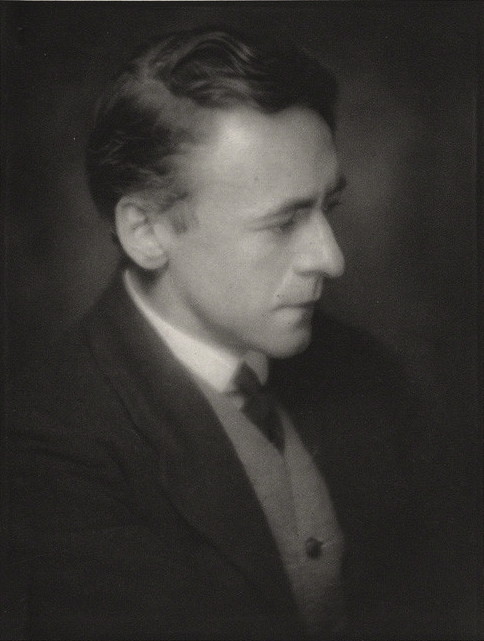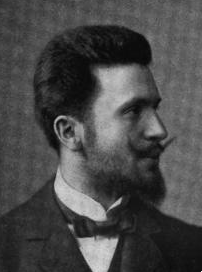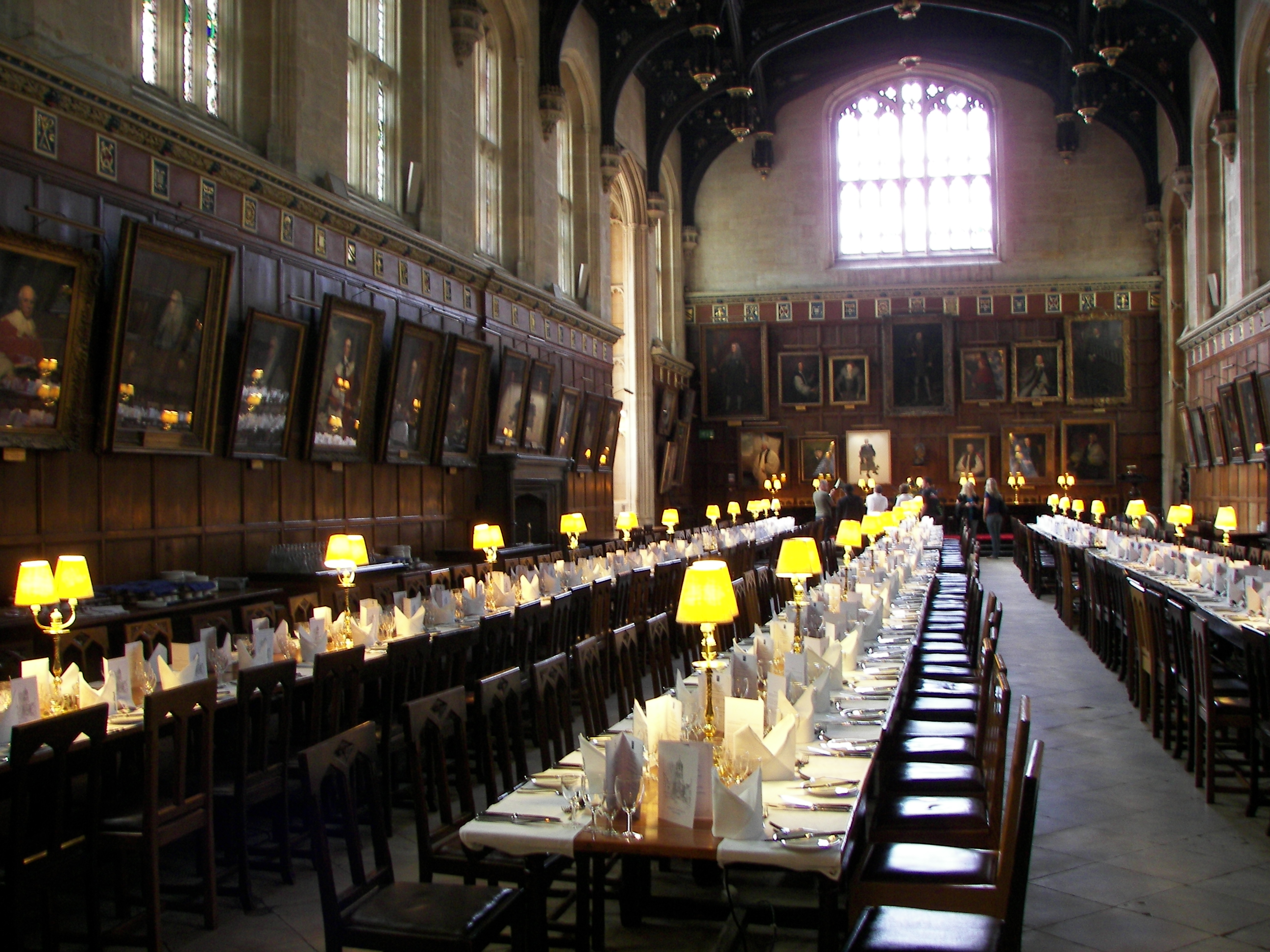|
Sidonie Goossens
Annie Sidonie Goossens OBE (19 October 1899 – 15 December 2004) was one of Britain's most enduring harpists. She made her professional debut in 1921, was a founder member of the BBC Symphony Orchestra and went on to play for more than half a century until her retirement in 1981.Rosen, Carole. ''The Goossens: A Musical Century'' (1993) The Goossens family She was born in Liscard, Wallasey, Cheshire, a member of the famous Goossens family that had emigrated to Britain from Belgium in the 19th century. Her father and grandfather were both conductors, both called Eugène. Her brother Sir Eugene Goossens made an international conducting career in the mid-20th century and was also a composer. He spent many years working in Australia as the director of the NSW Conservatorium of Music and chief conductor of the Sydney Symphony. Her brother Léon was an eminent oboist and her sister Marie Goossens was also a distinguished harpist.Obituary in the ''Times'', 15 December 2004 In ... [...More Info...] [...Related Items...] OR: [Wikipedia] [Google] [Baidu] |
Liscard
Liscard is an area of the town of Wallasey, in the Metropolitan Borough of Wirral, Merseyside, England. The most centrally located of Wallasey's townships, it is the main shopping area of the town, with many shops located in the Cherry Tree Shopping Centre. At the 2001 census the population of Liscard local government ward was recorded at 14,301, increasing to 15,574 at the 2011 census. History The first mention of the settlement was circa 1260 as ''Lisnekarke''. The name is from Welsh ''Llys carreg'', with the name meaning "hall at the rock" or "...cliff". In the past the name has been spelt as ''Liscak'' (1260), ''Lisecair'' (c.1277), ''Lysenker'' (1295) and ''Lyscart'' (1417). During the nineteenth century Liscard was a township within Wallasey parish of the Wirral Hundred. It became a civil parish in 1866, ultimately being absorbed into the nascent County Borough of Wallasey in 1912. The population was recorded as 211 in 1801, 4,100 in 1851 and 28,661 in 1901. Lis ... [...More Info...] [...Related Items...] OR: [Wikipedia] [Google] [Baidu] |
Marie Goossens
Marie Henriette Goossens (11 August 1894 - 18 December 1991) was an English harpist, a member of the famous Goossens musical family and the older sister of Sidonie Goossens, also a harpist. Born in London, she was taught at the Royal College of Music by Miriam Timothy and made her professional debut as a harpist in Liverpool in 1910. After playing for Diaghilev's Ballet Russes at Covent Garden in 1919 she became principal harpist with Thomas Beecham's Queen's Hall Orchestra between 1920 and 1930, during which time she also played as a soloist and early recording artist. In 1926 she married Frederick Laurence, initially a composer and musical advisor to EMI who ended up as the impoverished librarian of the Proms and personnel manager for the Royal Philharmonic and the London Philharmonic Orchestras. He died suddenly on 3 May, 1942. In 1932 Marie joined the London Philharmonic Orchestra. She continued working through the war, caring for two children and two stepchildren on ... [...More Info...] [...Related Items...] OR: [Wikipedia] [Google] [Baidu] |
Arnold Bax
Sir Arnold Edward Trevor Bax, (8 November 1883 – 3 October 1953) was an English composer, poet, and author. His prolific output includes songs, choral music, chamber pieces, and solo piano works, but he is best known for his orchestral music. In addition to a series of symphonic poems, he wrote seven symphonies and was for a time widely regarded as the leading British symphonist. Bax was born in the London suburb of Streatham to a prosperous family. He was encouraged by his parents to pursue a career in music, and his private income enabled him to follow his own path as a composer without regard for fashion or orthodoxy. Consequently, he came to be regarded in musical circles as an important but isolated figure. While still a student at the Royal Academy of Music Bax became fascinated with Ireland and Celtic culture, which became a strong influence on his early development. In the years before the First World War he lived in Ireland and became a member of Dublin literary ci ... [...More Info...] [...Related Items...] OR: [Wikipedia] [Google] [Baidu] |
Arnold Schoenberg
Arnold Schoenberg or Schönberg (, ; ; 13 September 187413 July 1951) was an Austrian-American composer, music theorist, teacher, writer, and painter. He is widely considered one of the most influential composers of the 20th century. He was associated with the expressionism, expressionist movement in German poetry and art, and leader of the Second Viennese School. As a Jewish composer, Schoenberg was targeted by the Nazi Party, which labeled his works as degenerate music and forbade them from being published. He immigrated to the United States in 1933, becoming an American citizen in 1941. Schoenberg's approach, bοth in terms of harmony and development, has shaped much of 20th-century musical thought. Many composers from at least three generations have consciously extended his thinking, whereas others have passionately reacted against it. Schoenberg was known early in his career for simultaneously extending the traditionally opposed German German Romanticism, Romantic styles ... [...More Info...] [...Related Items...] OR: [Wikipedia] [Google] [Baidu] |
Bruno Walter
Bruno Walter (born Bruno Schlesinger, September 15, 1876February 17, 1962) was a German-born conductor, pianist and composer. Born in Berlin, he escaped Nazi Germany in 1933, was naturalised as a French citizen in 1938, and settled in the United States in 1939. He worked closely with Gustav Mahler, whose music he helped to establish in the repertory, held major positions with the Leipzig Gewandhaus Orchestra, New York Philharmonic, Concertgebouw Orchestra, Salzburg Festival, Vienna State Opera, Bavarian State Opera, Staatsoper Unter den Linden and Deutsche Oper Berlin, among others, made recordings of historical and artistic significance, and is widely considered to be one of the great conductors of the 20th century. Biography Early life Born near Alexanderplatz in Berlin to a middle-class Jewish family, he began his musical education at the Stern Conservatory at the age of eight, making his first public appearance as a pianist when he was nine; he performed a co ... [...More Info...] [...Related Items...] OR: [Wikipedia] [Google] [Baidu] |
Arturo Toscanini
Arturo Toscanini (; ; March 25, 1867January 16, 1957) was an Italian conductor. He was one of the most acclaimed and influential musicians of the late 19th and early 20th century, renowned for his intensity, his perfectionism, his ear for orchestral detail and sonority, and his eidetic memory. He was at various times the music director of La Scala in Milan and the New York Philharmonic. Later in his career he was appointed the first music director of the NBC Symphony Orchestra (1937–54), and this led to his becoming a household name (especially in the United States) through his radio and television broadcasts and many recordings of the operatic and symphonic repertoire. Biography Early years Toscanini was born in Parma, Emilia-Romagna, and won a scholarship to the local music conservatory, where he studied the cello. Living conditions at the conservatory were harsh and strict. For example, the menu at the conservatory consisted almost entirely of fish; in his later years, ... [...More Info...] [...Related Items...] OR: [Wikipedia] [Google] [Baidu] |
Adrian Boult
Sir Adrian Cedric Boult, CH (; 8 April 1889 – 22 February 1983) was an English conductor. Brought up in a prosperous mercantile family, he followed musical studies in England and at Leipzig, Germany, with early conducting work in London for the Royal Opera House and Sergei Diaghilev's ballet company. His first prominent post was conductor of the City of Birmingham Orchestra in 1924. When the British Broadcasting Corporation appointed him director of music in 1930, he established the BBC Symphony Orchestra and became its chief conductor. The orchestra set standards of excellence that were rivalled in Britain only by the London Philharmonic Orchestra (LPO), founded two years later. Forced to leave the BBC in 1950 on reaching retirement age, Boult took on the chief conductorship of the LPO. The orchestra had declined from its peak of the 1930s, but under his guidance its fortunes were revived. He retired as its chief conductor in 1957, and later accepted the post of ... [...More Info...] [...Related Items...] OR: [Wikipedia] [Google] [Baidu] |
BBC Symphony Orchestra
The BBC Symphony Orchestra (BBC SO) is a British orchestra based in London. Founded in 1930, it was the first permanent salaried orchestra in London, and is the only one of the city's five major symphony orchestras not to be self-governing. The BBC SO is the principal broadcast orchestra of the British Broadcasting Corporation (BBC). The orchestra was originally conceived in 1928 as a joint enterprise by the BBC and the conductor Sir Thomas Beecham, but the latter withdrew the next year and the task of assembling and training the orchestra fell to the BBC's director of music, Adrian Boult. Among its guest conductors in its first years was Arturo Toscanini, who judged it the finest orchestra he had ever conducted. During and after the Second World War, Boult strove to maintain standards, but the senior management of the post-war BBC did not allocate the orchestra the resources to meet competition from new and well-funded rivals. After Boult's retirement from the BBC in 1950, ... [...More Info...] [...Related Items...] OR: [Wikipedia] [Google] [Baidu] |
Hyam Greenbaum
Hyam 'Bumps' Greenbaum (12 May 1901 – 13 May 1942) was an English conductor, violinist and composer, who, in 1936, became the world's first conductor of a television orchestra. He was friendly with many of his English music contemporaries, including Constant Lambert, Alan Rawsthorne, and William Walton, and often helped them with technical advice on orchestration.Spike Hughes, ''Opening Bars'' (1946) p 354-5 His brother Bernard (1917–1993) was an artist, and his sister was the pianist and composer Kyla Greenbaum (1922–2017). Early career As a child, Greenbaum was taught violin by his English mother Edith (nee Etherington) and piano by his father (Solomon Greenbaum, a Jewish Russian born in Poland and sent to England to train as a tailor). He made his musical debut in Brighton at the age of seven, playing the Beethoven Violin Concerto in a velvet suit and lace collar.Rosen, Carole. ''The Goossens: A Musical Century'' (1993), pp. 88-92 He studied at the Brighton School of M ... [...More Info...] [...Related Items...] OR: [Wikipedia] [Google] [Baidu] |
BBC Television Orchestra
The BBC Television Orchestra (1936–1939) was a broadcast orchestra founded in 1936 by conductor, violinist and composer Hyam Greenbaum and led by Boris Pecker. Hyam Greenbaum's wife Sidonie Goossens was the first solo harpist with the Orchestra in that year. It was disbanded in September 1939 when the outbreak of the Second World War caused the BBC Television service to be suspended so as not to create a VHF beacon for German bombers. After that Greenbaum used a nucleus of its players to form the BBC Revue Orchestra, playing light variety music for BBC radio from its base in Bangor, North Wales. The orchestra played on the first ever programme broadcast when regular British television broadcasts commenced on 26 August 1936 to an estimated 123,000 viewers. The orchestra also played on the opening day of BBC Television high-definition broadcast on Monday, 2 November 1936, with Adele Dixon performing the song "Television" live on its launch programme. For the three years of i ... [...More Info...] [...Related Items...] OR: [Wikipedia] [Google] [Baidu] |
Radio
Radio is the technology of signaling and communicating using radio waves. Radio waves are electromagnetic waves of frequency between 30 hertz (Hz) and 300 gigahertz (GHz). They are generated by an electronic device called a transmitter connected to an antenna which radiates the waves, and received by another antenna connected to a radio receiver. Radio is very widely used in modern technology, in radio communication, radar, radio navigation, remote control, remote sensing, and other applications. In radio communication, used in radio and television broadcasting, cell phones, two-way radios, wireless networking, and satellite communication, among numerous other uses, radio waves are used to carry information across space from a transmitter to a receiver, by modulating the radio signal (impressing an information signal on the radio wave by varying some aspect of the wave) in the transmitter. In radar, used to locate and track objects like aircraft, ships, sp ... [...More Info...] [...Related Items...] OR: [Wikipedia] [Google] [Baidu] |
London Symphony Orchestra
The London Symphony Orchestra (LSO) is a British symphony orchestra based in London. Founded in 1904, the LSO is the oldest of London's symphony orchestras. The LSO was created by a group of players who left Henry Wood's Queen's Hall Orchestra because of a new rule requiring players to give the orchestra their exclusive services. The LSO itself later introduced a similar rule for its members. From the outset the LSO was organised on co-operative lines, with all players sharing the profits at the end of each season. This practice continued for the orchestra's first four decades. The LSO underwent periods of eclipse in the 1930s and 1950s when it was regarded as inferior in quality to new London orchestras, to which it lost players and bookings: the BBC Symphony Orchestra and the London Philharmonic Orchestra in the 1930s and the Philharmonia and Royal Philharmonic after the Second World War. The profit-sharing principle was abandoned in the post-war era as a condition o ... [...More Info...] [...Related Items...] OR: [Wikipedia] [Google] [Baidu] |










